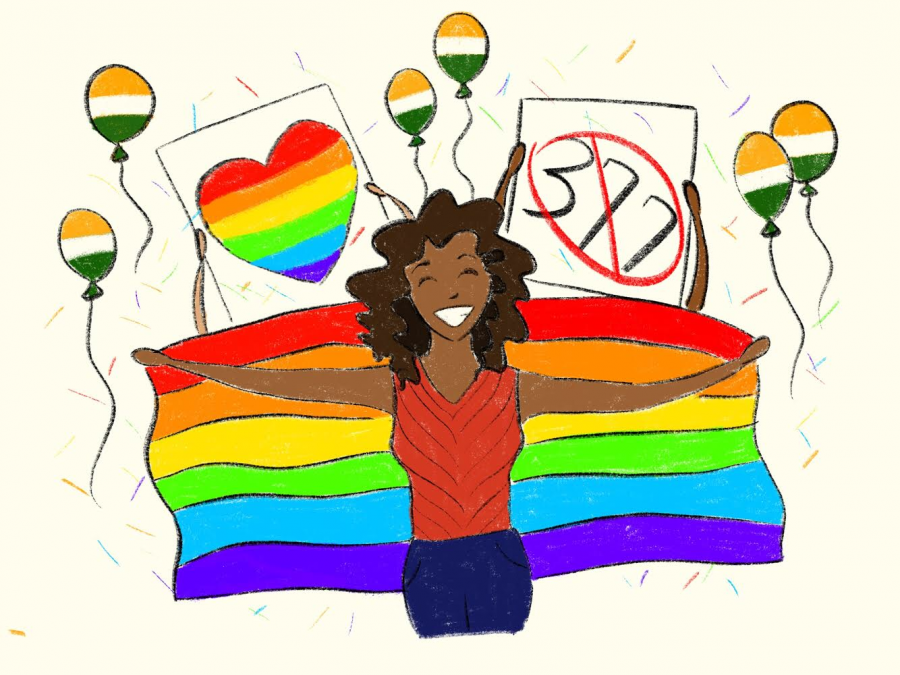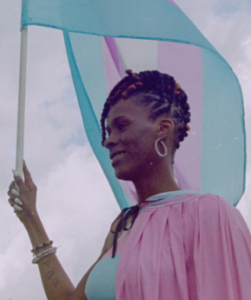Indian Supreme Court Legalizes Same-Sex Relationships
The Indian Supreme Court unanimously overturned the anti-gay law.
October 30, 2018
Last month, the Supreme Court of India, which is the highest court of the country, overturned a colonial-era law in a landmark judgment that decriminalized same-sex relationships. The Supreme Court of India crossed out a section of Article 377 of the Indian Penal Code, which criminalizes consensual gay sex. This move of the court underlined the supremacy of Constitutional Rights over “popular morality,” which are the values that the people think are correct, even if they violate someone else’s rights. This “popular morality” is a violation of an individual’s personal space and the right to privacy. No third party should be involved in this decision.
The five-judge bench reached a unanimous decision on September 6th in the nation’s capital city, New Delhi. Delivering the judgment, former Chief Justice of India, Dipak Mishra, said, “The LGBTQ community has the same fundamental rights as citizens. The identity of a person is very important and we have to vanquish prejudice, embrace inclusion, and ensure equal rights.”
After years of deliberation by the court and decades of struggle by gay rights activists, the law was finally overturned. Chief Justice Mishra also stated the law was “irrational, indefensible, and manifestly arbitrary.”
As soon as the verdict came, members and supporters of the LGBTQ+ community all over the country celebrated. The news spread like wildfire all across the country. I myself witnessed people celebrating this judgment of the court. People filled with tears of joy. They filled the entire city of New Delhi with colorful balloons and ribbons. The decision of the Supreme Court was astonishing.
There was also a lot of protest and criticism on the striking out of this law by conservative religious groups, especially from conservative Christian groups. Even though the Hindu and Muslim groups stood back from legally opposing the petition in court, they did defend and justify their anti-gay stand publicly in their speeches and in the media.
The law criminalizing homosexuality was made by the British colonialists in India in 1861 and has persisted in the nation ever since. This move marks the beginning of a new era of equality. Homosexuality still remains illegal in 36 of the Commonwealth nations including Kenya, Sri Lanka, and Singapore. Decriminalization of the law in a heavily populated nation like India is likely to have an influence on other countries.
This verdict is a huge step towards equal rights for the LGBTQ+ community in India. They will now be able to live in society freely without being arrested or penalized. However, the fight of the LGBTQ+ community in India is far from finished. They still will need to change the homophobic mindset of a majority of Indians and fight for the right to get married and other such liberties.
This monumental judgment in India is a reason for celebration since it has paved a way for the equal rights of the minority LGBTQ+ community all over the world. More countries should now soon follow the steps of the Supreme Court of India so that members of the LGBTQ+ community can be treated as humans and nothing less.
Samyak, a former CRLS student, currently resides in New Delhi, India.
This piece also appears in our October 2018 print edition.










